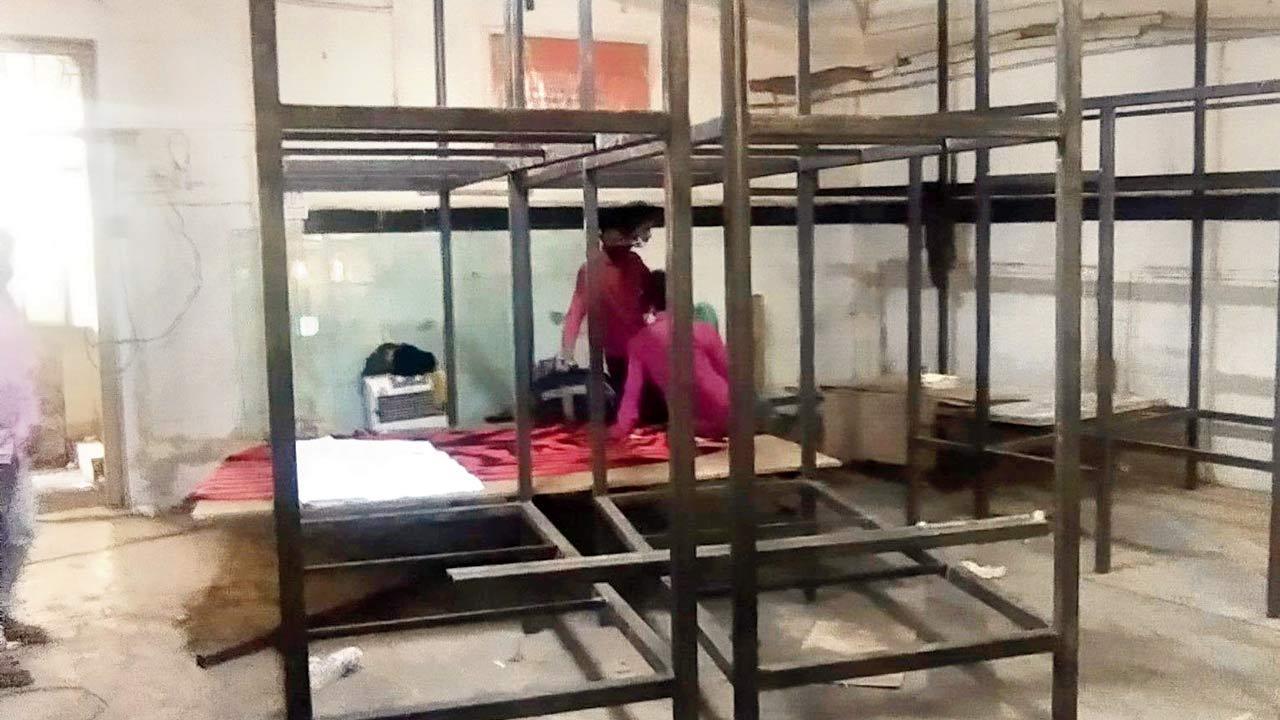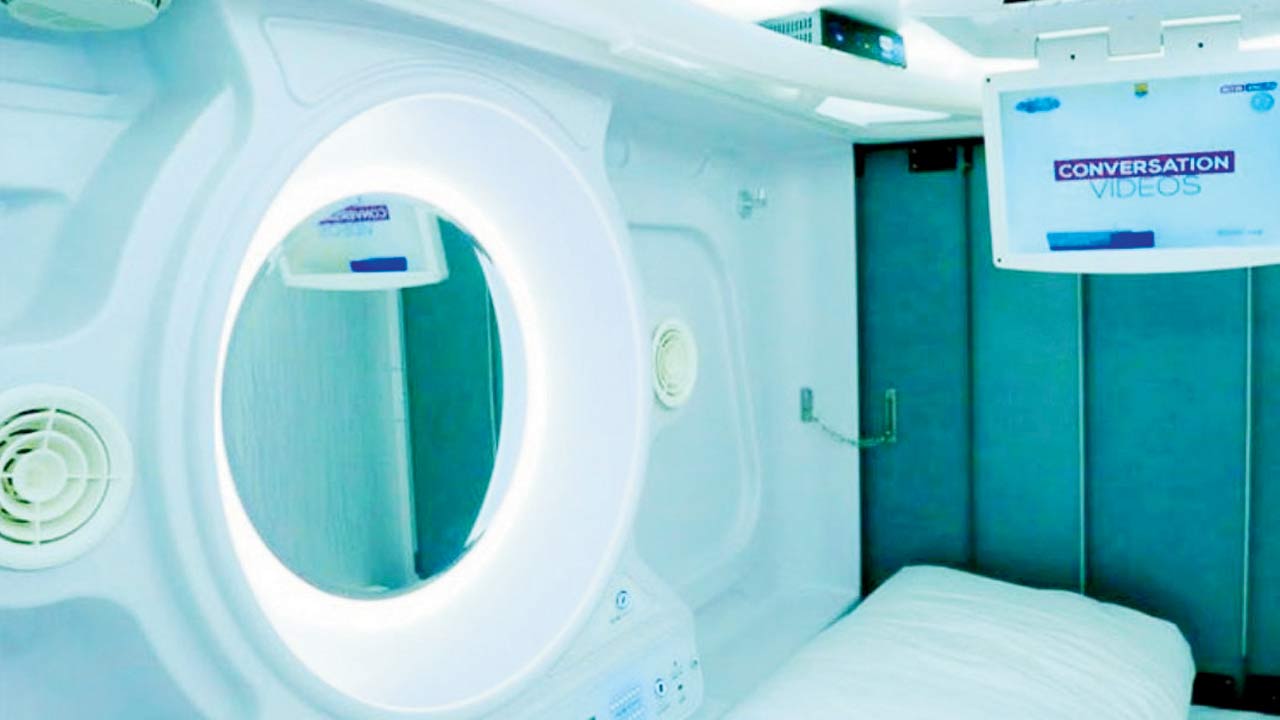The 132-sq mt space will be at existing linen room, on the ground floor of the parcel building

The Railways plans to construct 32 such capsules
After the station pod hotel at Mumbai Central received a good response, the railways has now begun work on the sleeping pods at CSMT. Located on the ground floor, on the pathway of platform 18, the Japanese concept capsule hotel will be open to the public in a few months, before the monsoon.
The aim is to offer quality accommodation facilities to travellers, including backpackers and those planning an overnight stay, in a hygienic and comfortable environment. The pods at Mumbai CSMT will be 131.61 sq metres in length and located at the existing linen room, on the ground floor of the parcel building, next to the ladies' waiting room. Going by the global travel patterns, isolated sleeping pods are much in demand and the ones at Mumbai Central have got a decent response.

The Station pod hotel at Mumbai Central has received a good response
These will always prove to be very helpful for passengers even in times of social distancing if required,” a senior divisional railway official said. Confirming the development, Central Railway chief public relations officer Shivaji Sutar said, “The Letter of Acceptance (LoA) has been issued to the contractor and work for sleeping pods has started. It is expected to be completed in a few months.”
As per the details available, there are plans to construct 32 such capsules in which passengers can stay up to 12 hours. A lounge, cafeteria, changing areas and washrooms will also be created. The capsules will be divided into two types — classic and suite. The classic pods will accommodate one passenger and will have baggage space, locker, charging sockets. The suite pods will be equipped with facilities such as Wi-Fi, personal lockers and larger beds.
Japan to Mumbai
Pod or capsule hotels feature many small bed-sized rooms with cheap, basic overnight accommodation for guests who do not require or afford larger, more expensive rooms offered by more conventional hotels. Like a hostel, many amenities are shared, including toilets, showers, wireless internet, and dining rooms. It was first started in Japan in 1979.
 Subscribe today by clicking the link and stay updated with the latest news!" Click here!
Subscribe today by clicking the link and stay updated with the latest news!" Click here!










